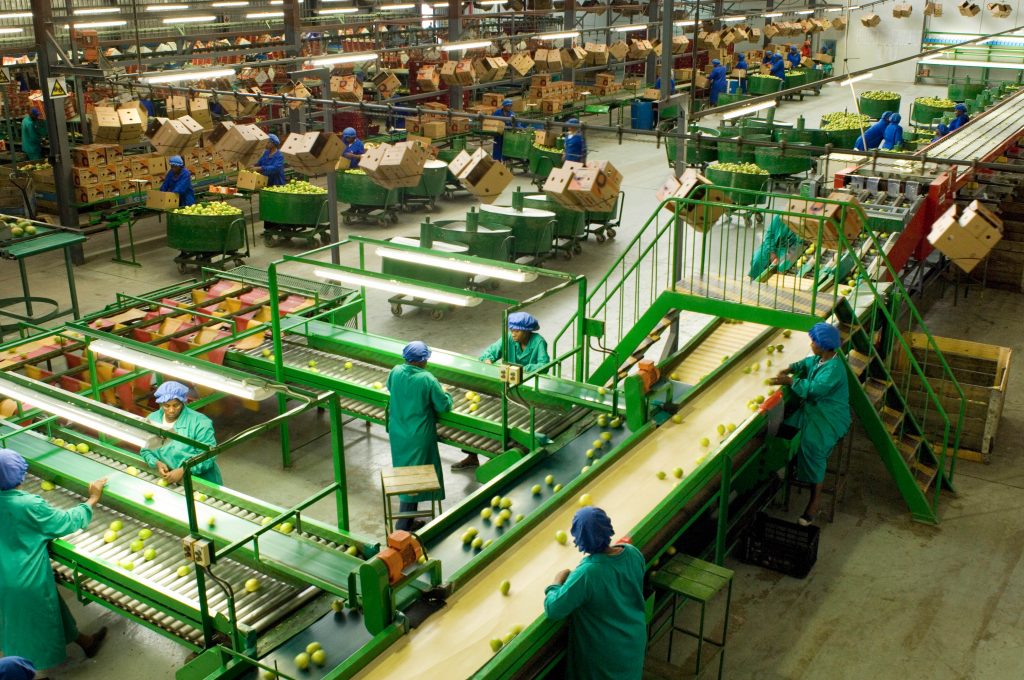Industrial Development
The Industrial Policy Action Plan (IPAP) is firmly entrenched in Government’s overall policy and plans to address the key challenges of economic and industrial growth and race based poverty, inequality and unemployment.
IPAP 2018 is a product of the Economic Sectors, Employment and Infrastructure Development (ESEID) cluster. The responsibility for its implementation lies with Government as a whole and a wide range of entities, including SOCs.
IPAP2018 focuses on the following 10 key themes which inform the work of the dti and act as a roadmap for the wider industrial effort:
- Grow the economy.
- Strengthen efforts to raise aggregate domestic demand – mainly through localisation of public procurement and intensified efforts to persuade the private sector to support localisation and local supplier development.
- Step up South Africa’s export effort.
- Create and reinforce policy certainty and programme alignment.
- Strengthen ongoing efforts to build a less concentrated, more competitive economic and manufacturing environment in which barriers to entry for new entrants are lowered.
- Build a stronger system of industrial finance and incentives to support and secure higher levels of private sector investment in the productive sectors of the economy and grow exports.
- Press ahead with technology-intensive, value-adding beneficiation projects which fully leverage SA’s comparative resource endowment advantage into a global competitive advantage.
- Optimise technology transfer and diffusion and, working closely with the Department of Science and Technology, further ramp up the effort to commercialise ‘home-grown’ R&D in key sectors.
- Support the further strengthening of energy-efficient production and carbon mitigation efforts and measures in a manner that allows for sustainable adaptation by all the energy-intensive sectors of the economy.
- Understand, grasp and prepare for the foreseeable effects of the Digital Industrial Revolution and emergent disruptive technologies, collaboratively adapting SA’s productive and services sectors to meet the challenges, including those relating to employment displacement.
10 Years of IPAP: A Legacy Review
Looking back over the first ten years of IPAP, we can draw up a high-level balance sheet of successes and failures, areas of excellence achieved, and areas where interventions were blocked or slowed by external and internal headwinds and structural constraints.
We can point to significant areas of achievement at scale in various sectors – most notably, in Automotives, Clothing, Textiles Leather and Footwear (CTLF), Business Process Services (BPS), Film Production and Boatbuilding.
But none of these successes would have been achieved without the creation of a platform of cross-cutting and sector-specific interventions, including:
- industrial financing;
- the deployment of conditional incentives;
- local procurement and the offset programme the National Industrial Participation Programme (NIPP); and
- a wide variety of demand- and supply-side industrial policy levers designed to secure higher levels of investment and raise the competitiveness of the productive sectors of the economy.
Industrial Policy Action Plan 2018/19 – 2020/21


